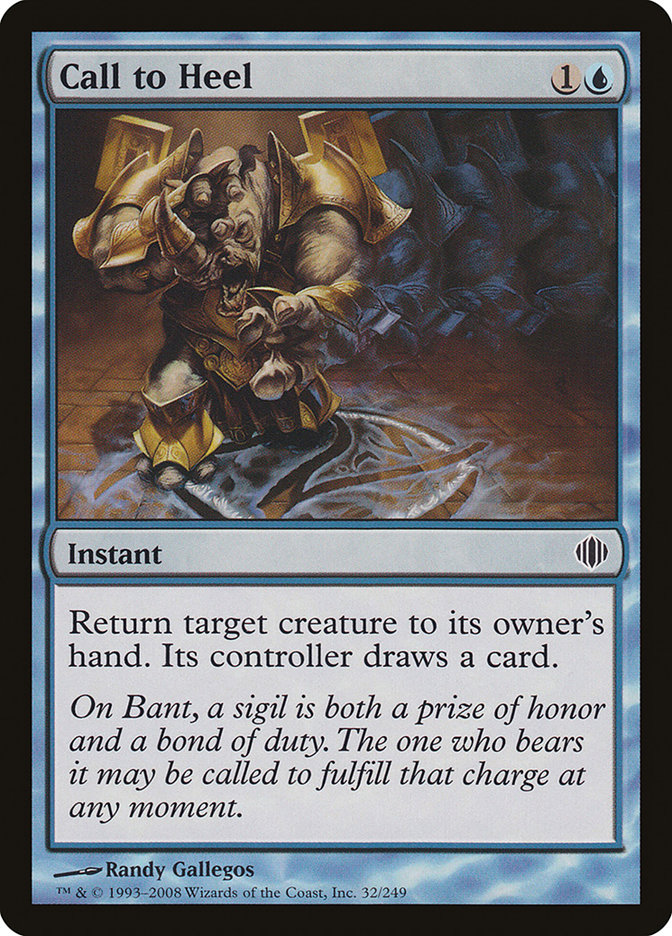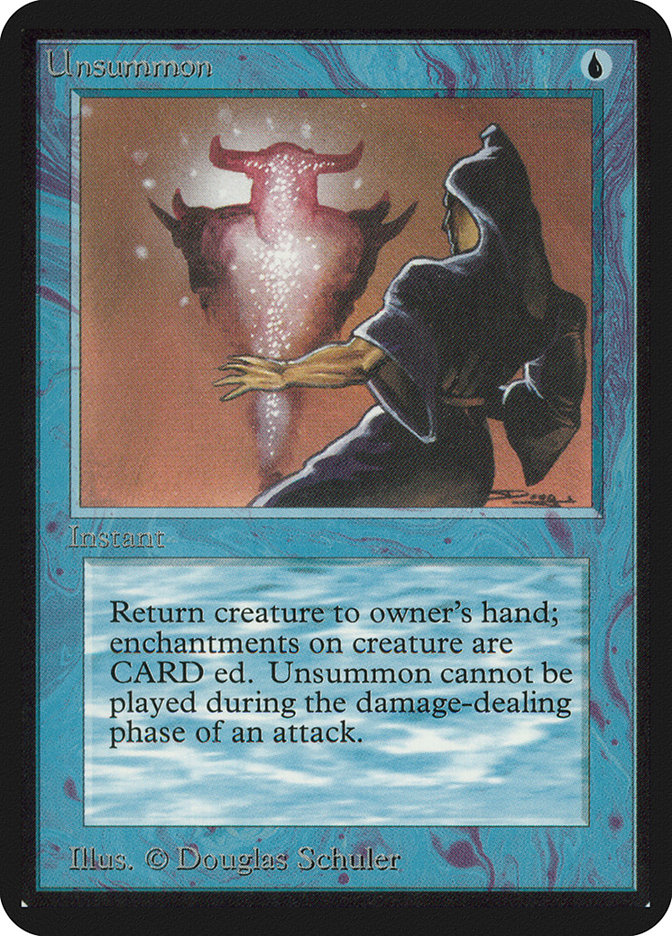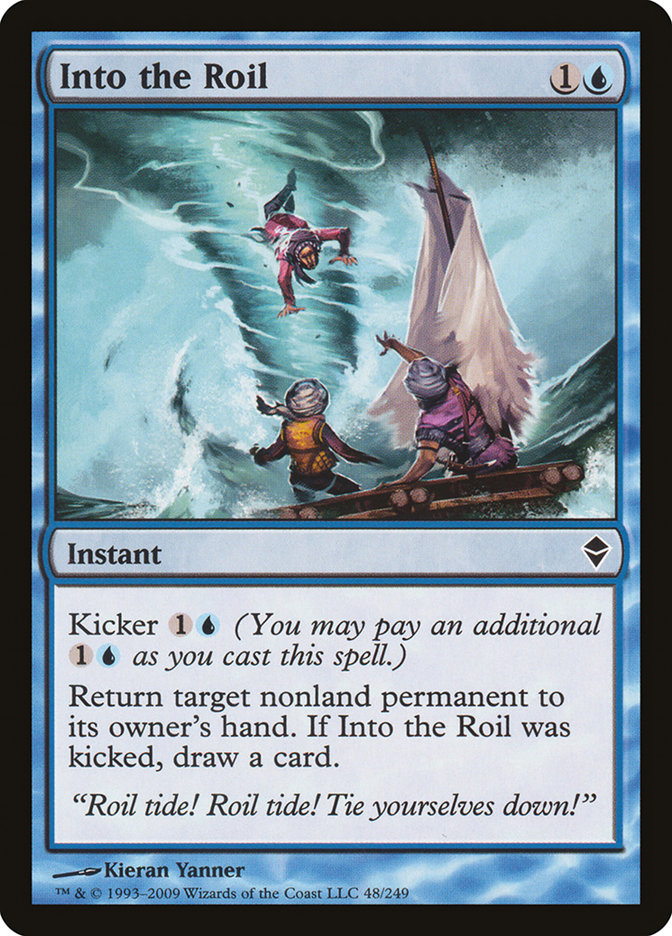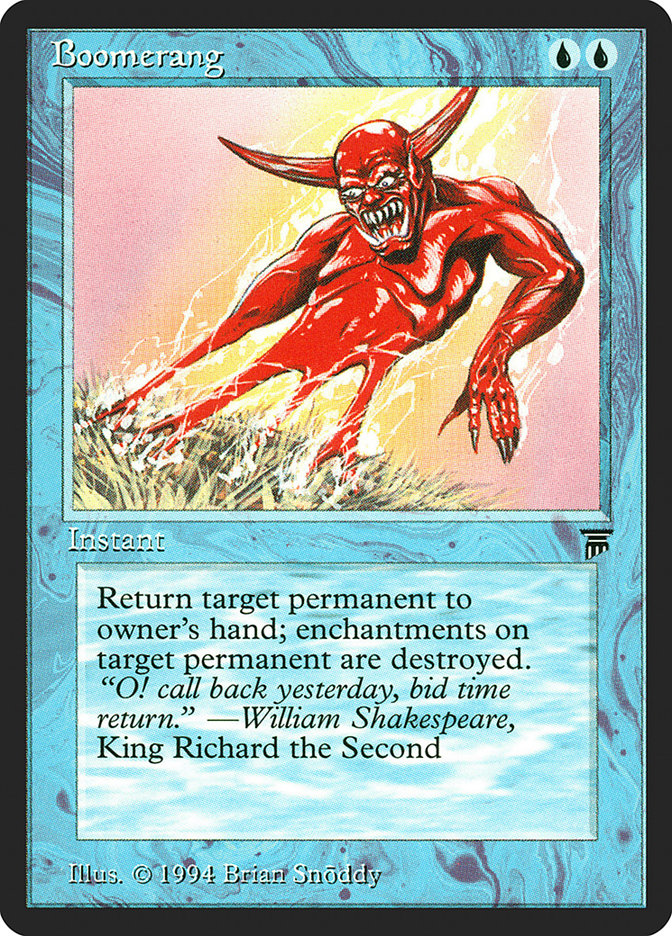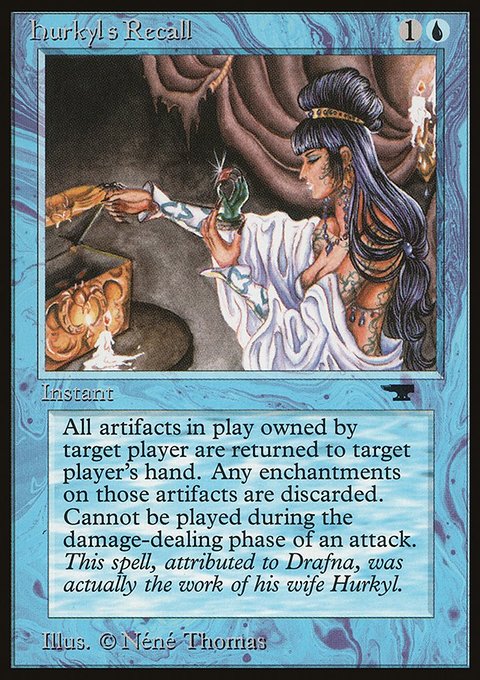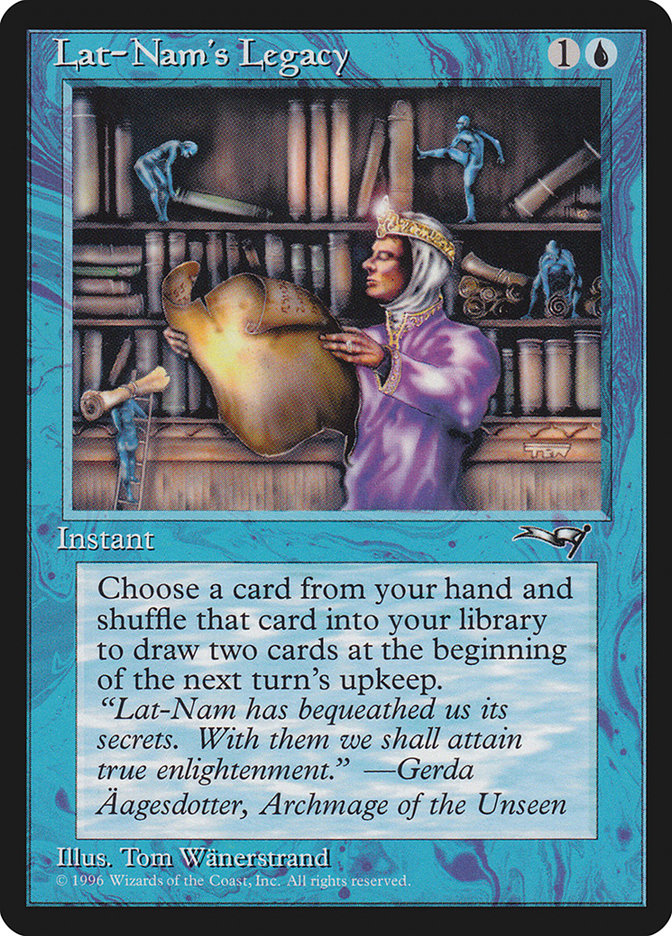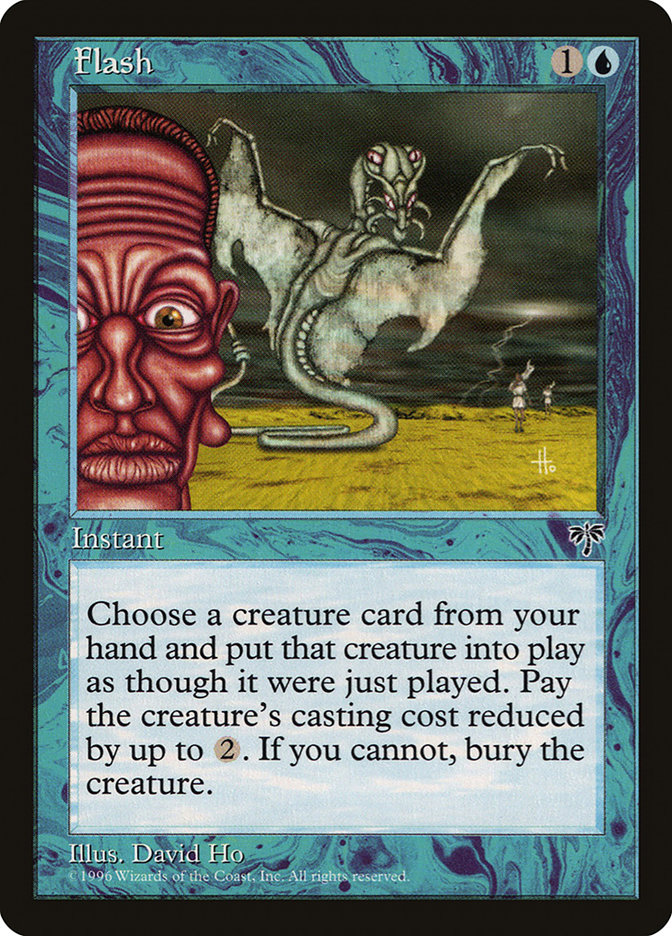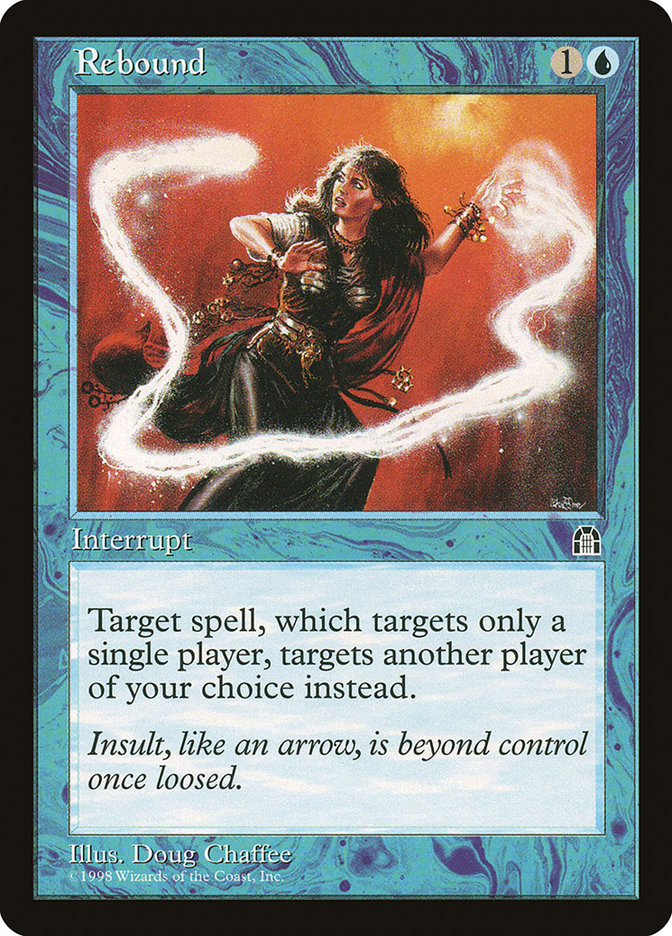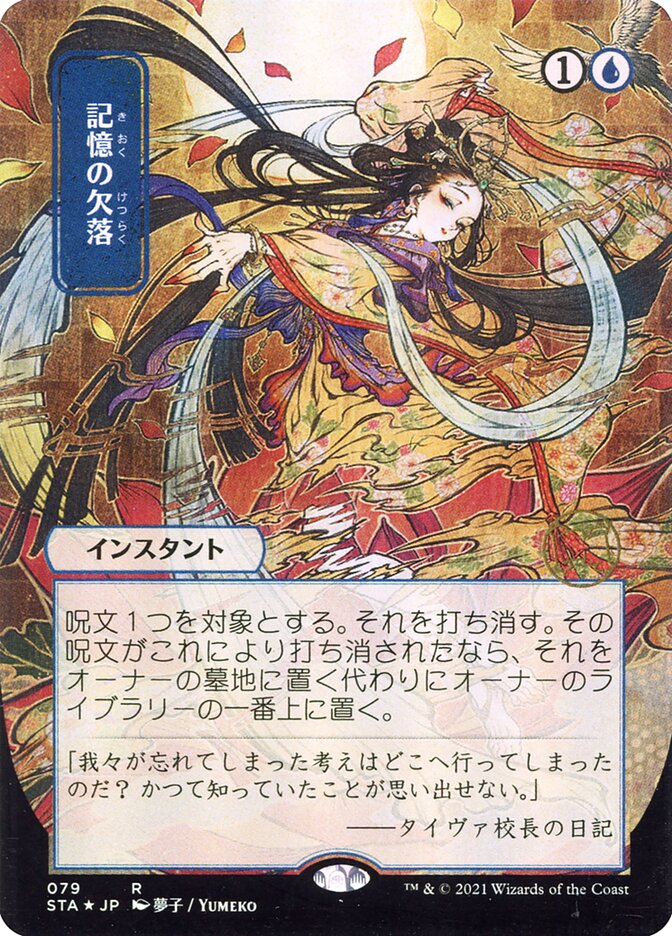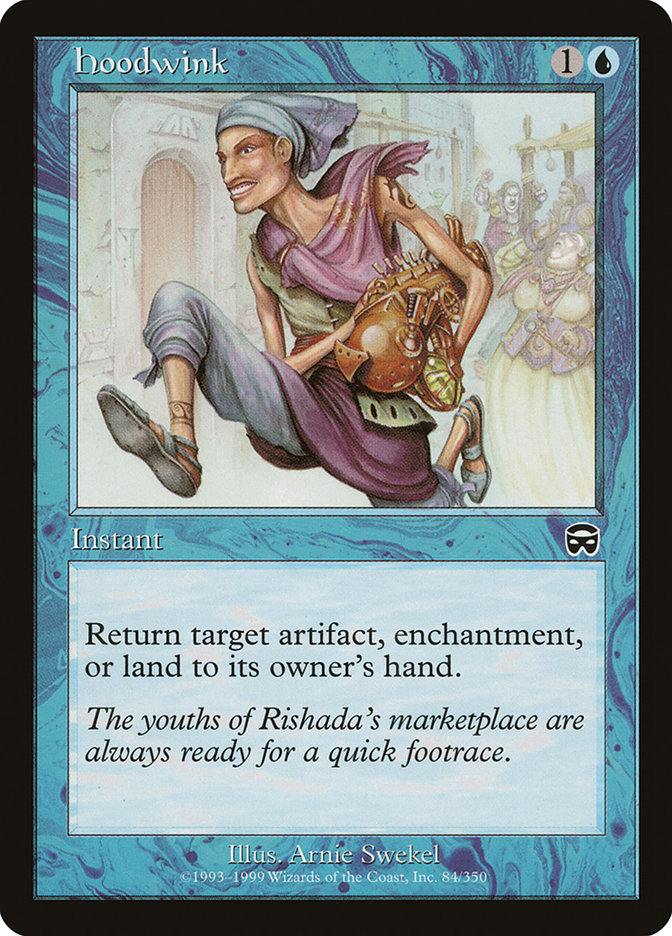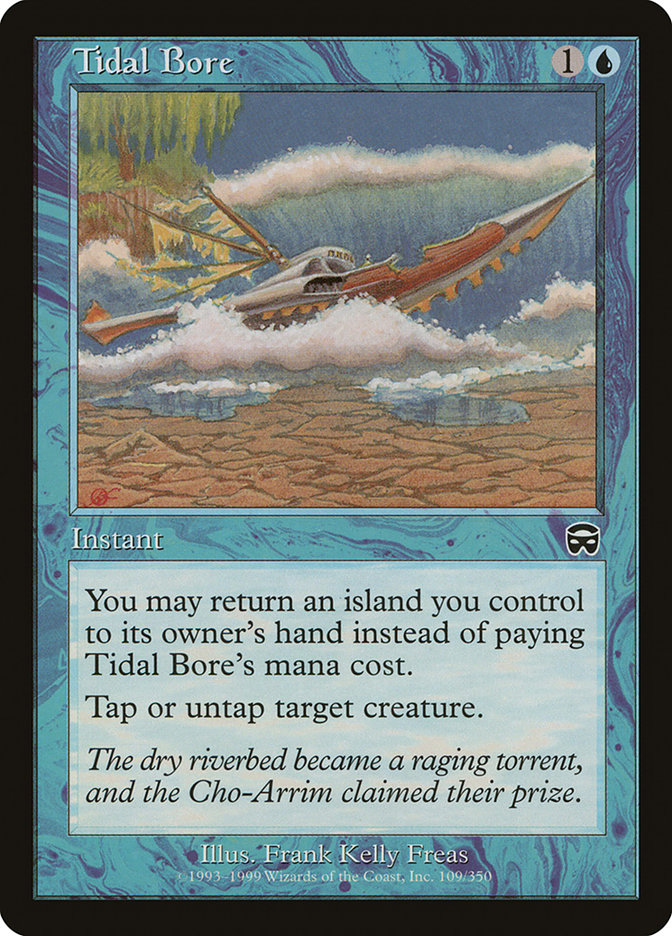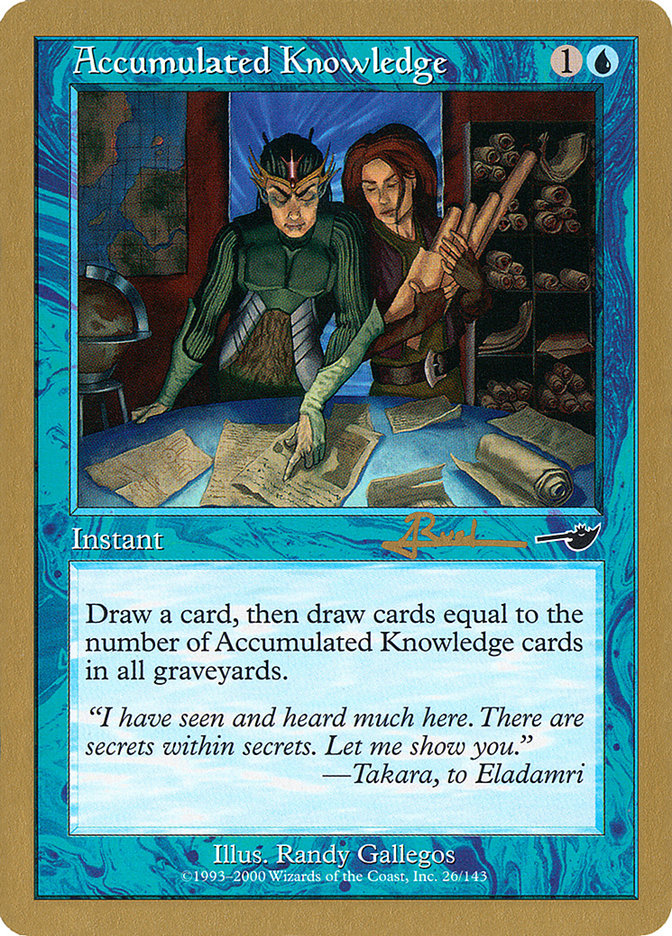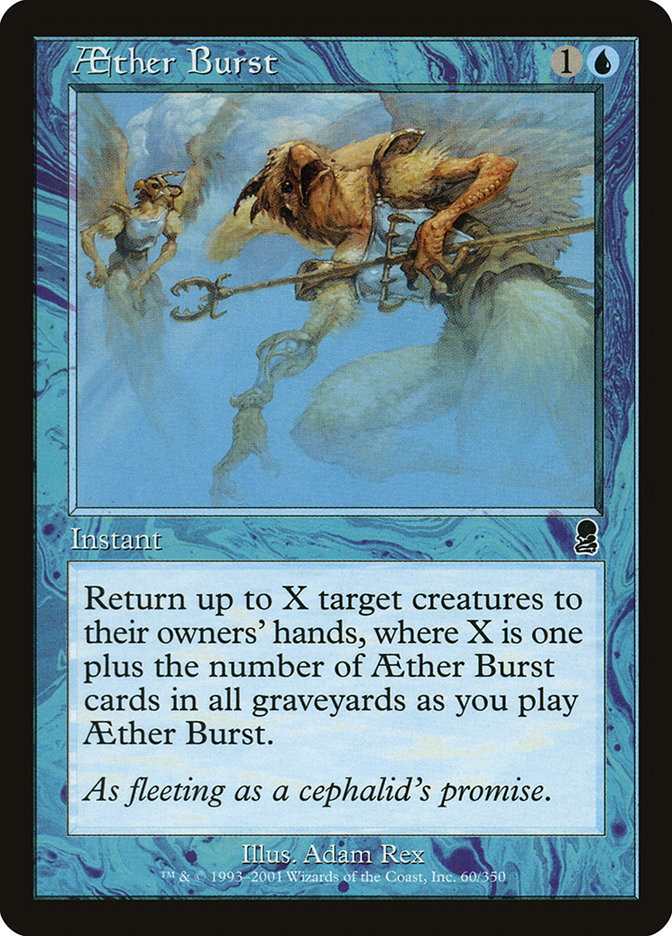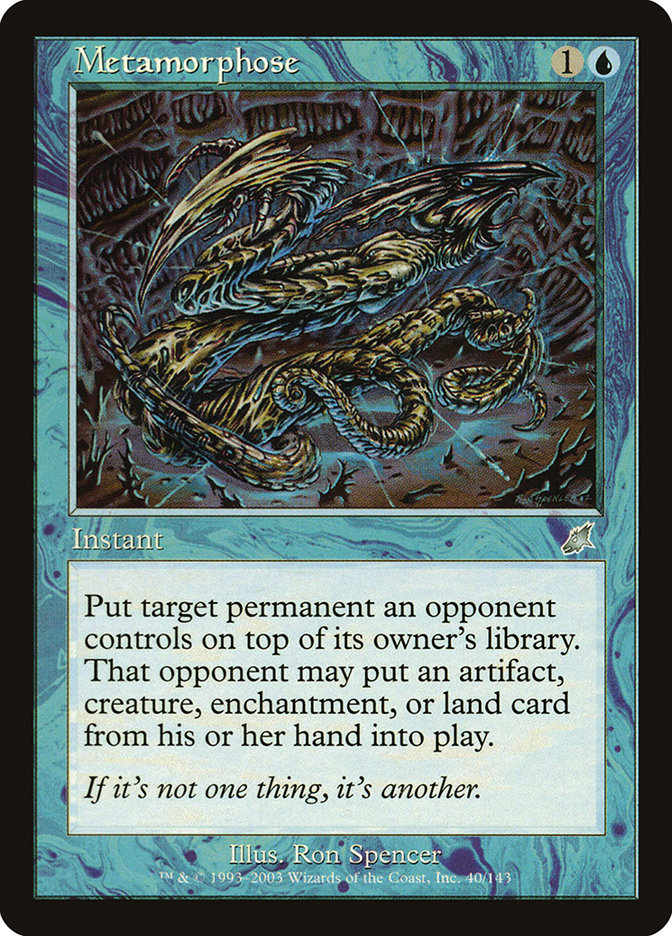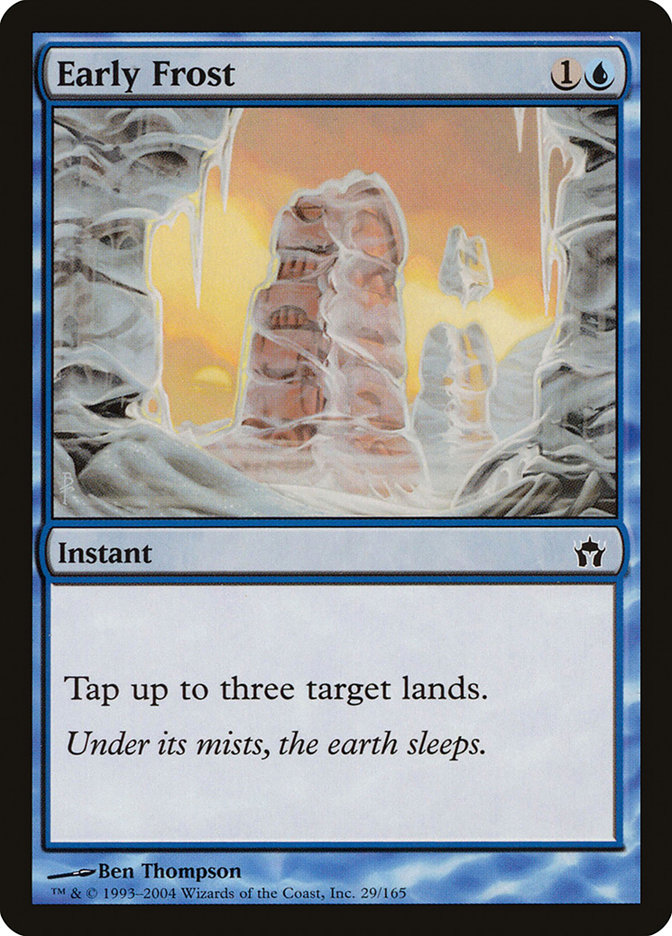Call to Heel MTG Card
| Card sets | Released in 5 setsSee all |
| Mana cost | |
| Converted mana cost | 2 |
| Rarity | Common |
| Type | Instant |
Text of card
Return target creature to its owner's hand. Its controller draws a card.
On Bant, a sigil is both a prize of honor and a bond of duty. The one who bears it may be called to fulfill that charge at any moment.
Cards like Call to Heel
Call to Heel holds an intriguing spot within the pantheon of bounce spells in MTG. It echoes the functionality of cards like Unsummon, which allows a player to return a creature to its owner’s hand at a low cost. However, Call to Heel ups the ante by coupling this effect with the advantage of drawing a card, making it valuable for players looking to replenish their hand while disrupting their opponent’s board.
Comparable yet distinct, Into the Roil presents another adaptable spell in this category, offering the kicker option for an additional effect. While it returns not only creatures but also non-land permanents to a player’s hand, it only lets you draw a card if the kicker cost is paid. This flexibility can be a deciding factor in games. Then there’s Boomerang, which broadens the scope further by targeting any permanent at a similar cost without the card draw, serving as a more versatile but less card-efficient alternative.
When considering versatility, cost, and benefits, Call to Heel represents a balanced choice for players who value board control as well as maintaining card advantage in MTG setups. It stands out for its dual functionality, especially in decks that capitalize on casting spells multiple times or returning their own creatures for added value.
Cards similar to Call to Heel by color, type and mana cost
Card Pros
Card Advantage: When playing Call to Heel in a match, the ability to return a creature to its owner’s hand can be leveraged to reclaim one of your own creatures with a valuable enter-the-battlefield effect, essentially offering you another opportunity to use the ability and maximizing the benefit from your creatures.
Resource Acceleration: While not directly providing mana or tokens, Call to Heel can disrupt an opponent’s pace by bouncing key creatures back to their hand. This setback can slow down their board development or interfere with their combo preparations, potentially giving you a crucial advantage in tempo.
Instant Speed: The instant speed of Call to Heel is an asset, allowing for versatile responses to your opponent’s actions. It can be employed to save a creature from a removal spell, spoil an opponent’s attack phase, or simply be used at the end of their turn to maintain strategic flexibility throughout the game.
Card Cons
Discard Requirement: Unlike some bounce spells, Call to Heel doesn’t just return a creature to its owner’s hand—it also forces that player to draw a card. This could be a potential disadvantage in scenarios where you’re trying to manage the size of your hand or avoid drawing cards to prevent milling yourself out.
Specific Mana Cost: Call to Heel requires both blue mana and generic mana to play, making it exclusive to decks that can produce blue mana. This mana requirement potentially limits its flexibility in multicolor decks that rely on a diverse color pool and mana base.
Comparatively High Mana Cost: With a casting cost of two mana, including one blue, Call to Heel might be considered expensive for its effect when compared to other bounce spells, which can cost less and offer additional benefits or more targeted removal options.
Reasons to Include in Your Collection
Versatility: Call to Heel can be a multipurpose tool in blue-based decks, providing both creature bounce and card draw. This card fits seamlessly in control strategies or decks that capitalize on casting spells.
Combo Potential: It can synergize with creatures that have beneficial enter-the-battlefield effects, allowing you to reuse these abilities. This can create powerful interactions and continuous value in gameplay.
Meta-Relevance: In environments where creature-based strategies are prevalent, Call to Heel serves as a cost-effective way to disrupt your opponent’s board state while keeping your hand replenished, maintaining pressure, and setting up for the late game.
How to beat
Call to Heel is an intriguing utility spell in Magic: The Gathering that returns a creature to its owner’s hand while also allowing that player to draw a card. This card can disrupt strategies and remove pesky threats temporarily. Understanding its dual nature is key to combating it effectively. To outmaneuver this card, it is important to maintain a board presence that is resilient to bouncing effects. Utilizing creatures with enter-the-battlefield abilities can turn the tempo loss into a benefit, giving you added value each time they return to your hand.
Playing around Call to Heel involves tactical timing and resource management. Establishing a line of play where you can redeploy your creatures quickly or at a lower cost ensures minimal disruption to your strategy. Moreover, spells or abilities that grant your creatures hexproof or protection from blue can nullify Call to Heel’s target, keeping your board intact. Ultimately, to beat Call to Heel, anticipate the bounce, capitalize on retriggering abilities, and adjust your plays to mitigate its card drawing upside.
In conclusion, while Call to Heel can be a temporary setback, with smart play and strategic deckbuilding, the card’s impact can be minimized or even turned to your advantage, allowing you to maintain control of the game.
Where to buy
If you're looking to purchase Call to Heel MTG card by a specific set like Shards of Alara and Duel Decks: Izzet vs. Golgari, there are several reliable options to consider. One of the primary sources is your local game store, where you can often find booster packs, individual cards, and preconstructed decks from current and some past sets. They often offer the added benefit of a community where you can trade with other players.
For a broader inventory, particularly of older sets, online marketplaces like TCGPlayer, Card Kingdom and Card Market offer extensive selections and allow you to search for cards from specific sets. Larger e-commerce platforms like eBay and Amazon also have listings from various sellers, which can be a good place to look for sealed product and rare finds.
Additionally, Magic’s official site often has a store locator and retailer lists for finding Wizards of the Coast licensed products. Remember to check for authenticity and the condition of the cards when purchasing, especially from individual sellers on larger marketplaces.
Below is a list of some store websites where you can buy the Call to Heel and other MTG cards:
 BUY NOW
BUY NOW BurnMana is an official partner of TCGPlayer
- eBay
- Card Kingdom
- Card Market
- Star City Games
- CoolStuffInc
- MTG Mint Card
- Hareruya
- Troll and Toad
- ABU Games
- Card Hoarder Magic Online
- MTGO Traders Magic Online
See MTG Products
Printings
The Call to Heel Magic the Gathering card was released in 5 different sets between 2008-10-03 and 2019-11-07. Illustrated by Randy Gallegos.
| # | Released | Name | Code | Symbol | Number | Frame | Layout | Border | Artist |
|---|---|---|---|---|---|---|---|---|---|
| 1 | 2008-10-03 | Shards of Alara | ALA | 32 | 2003 | Normal | Black | Randy Gallegos | |
| 2 | 2012-09-07 | Duel Decks: Izzet vs. Golgari | DDJ | 18 | 2003 | Normal | Black | Randy Gallegos | |
| 3 | 2018-06-08 | Battlebond | BBD | 114 | 2015 | Normal | Black | Randy Gallegos | |
| 4 | 2019-11-07 | Mystery Booster | MB1 | 306 | 2015 | Normal | Black | Randy Gallegos | |
| 5 | The List | PLST | BBD-114 | 2015 | Normal | Black | Randy Gallegos |
Legalities
Magic the Gathering formats where Call to Heel has restrictions
| Format | Legality |
|---|---|
| Commander | Legal |
| Legacy | Legal |
| Paupercommander | Legal |
| Modern | Legal |
| Oathbreaker | Legal |
| Pauper | Legal |
| Vintage | Legal |
| Duel | Legal |
| Predh | Legal |
| Penny | Legal |
Rules and information
The reference guide for Magic: The Gathering Call to Heel card rulings provides official rulings, any errata issued, as well as a record of all the functional modifications that have occurred.
| Date | Text |
|---|---|
| 2008-10-01 | If the targeted creature becomes an illegal target before Call to Heel resolves, Call to Heel doesn’t resolve. No one draws a card. |
| 2008-10-01 | The player who draws a card is the player who controls the creature when Call to Heel resolves. This may not be the player whose hand the creature is put into. |
